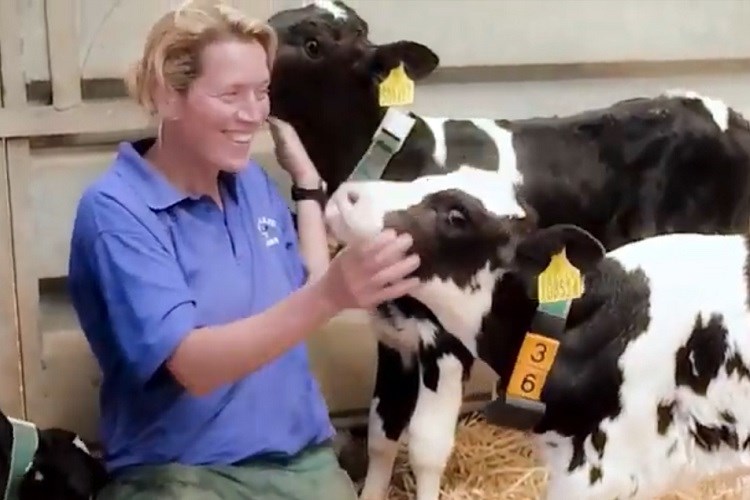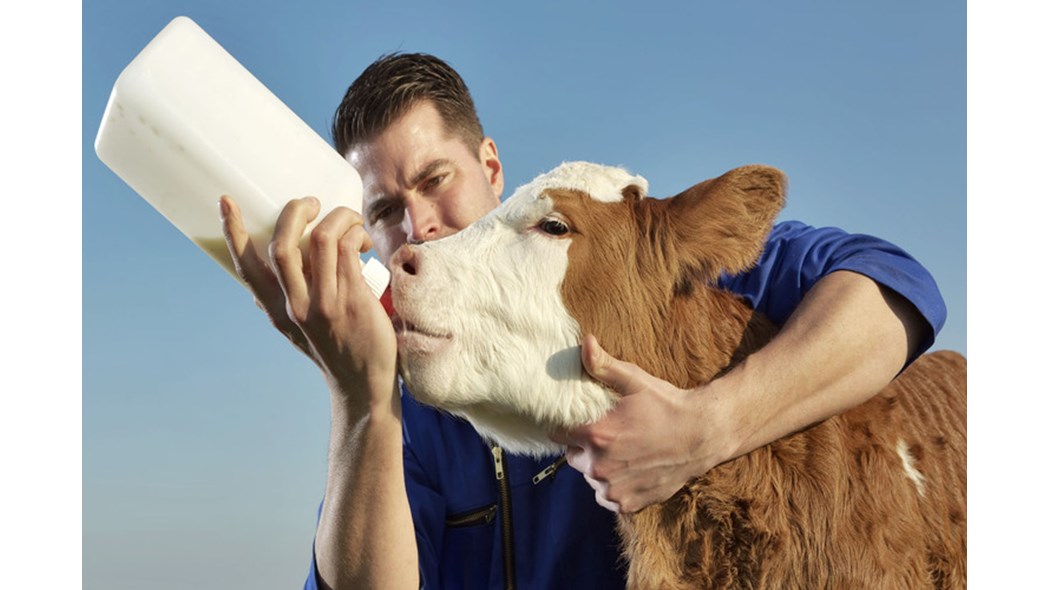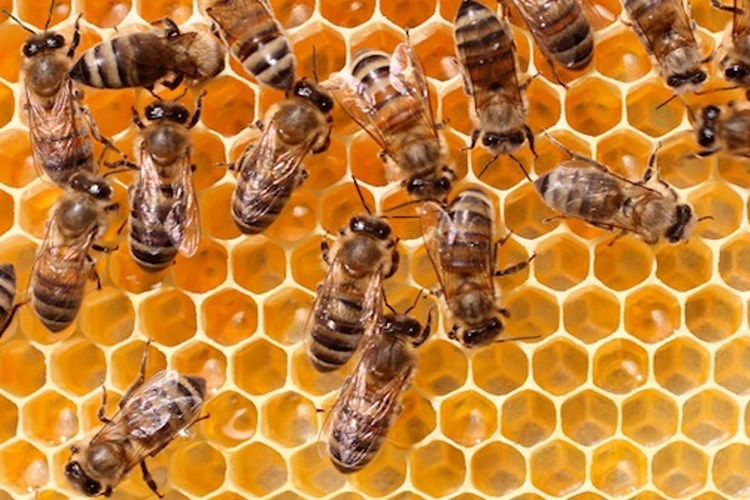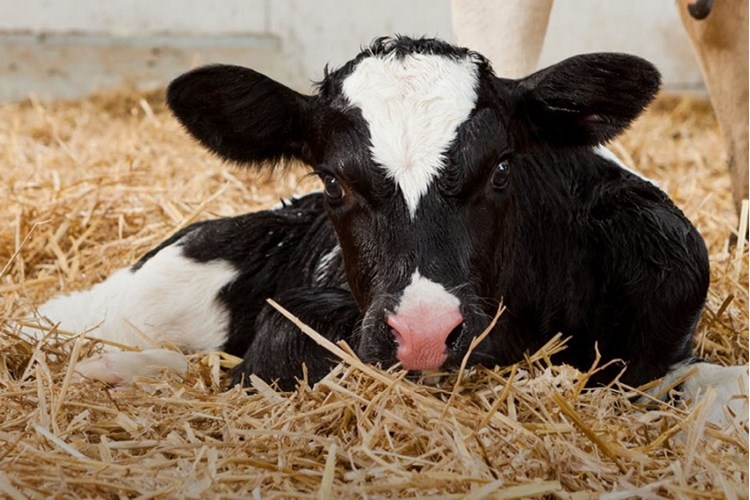
Key takeaways from the article:
- Changes in gene activity as a result of environmental factors but not involving alterations in the genetic code can change the future productivity of animals
- Some of these changes can be passed on to offspring for at least one generation

How environmental factors can change the genome of young individuals
The last fifty years have been dominated by the discovery of the double helix DNA model and subsequent study of the genome and how genetics can change animal productivity. The next decades will see the rise of the science of epigenetics.
Programming performance from the outset
Epigenetics is the study of changes in gene activity that do not involve alterations to the genetic code but still get passed down to at least one successive generation. These patterns of gene expression are governed by the cellular material—the epigenome—that sits on top of the genome, hence the prefix “epi”. These epigenetic “marks” tell the gene to switch on or off, or to speak loudly or to whisper. Diet, stress and pre-and post-natal nutrition are all factors that, through epigenetic marks, can make an imprint on genes that are passed from one generation to the next.
Consequences for dairy calf rearing programmes
Calf-rearing is affected by epigenetic marks linked to nutrition. In this way, early-life nutrition is able to program the metabolism for later life. Metabolic programming, the natural phenomenon on which LifeStart is based, has been described as follows: “Early adaptations to a short nutritional perinatal stimulus permanently change the physiology and metabolism of the organism and continue to be expressed even in the absence of the stimulus that initiated them".






